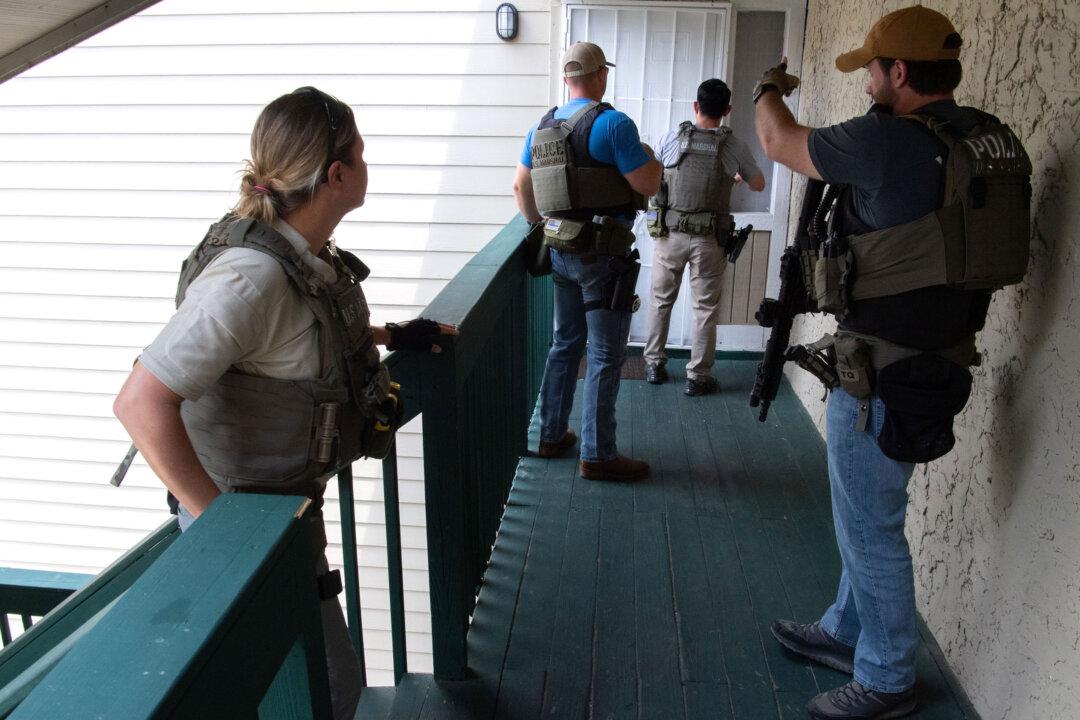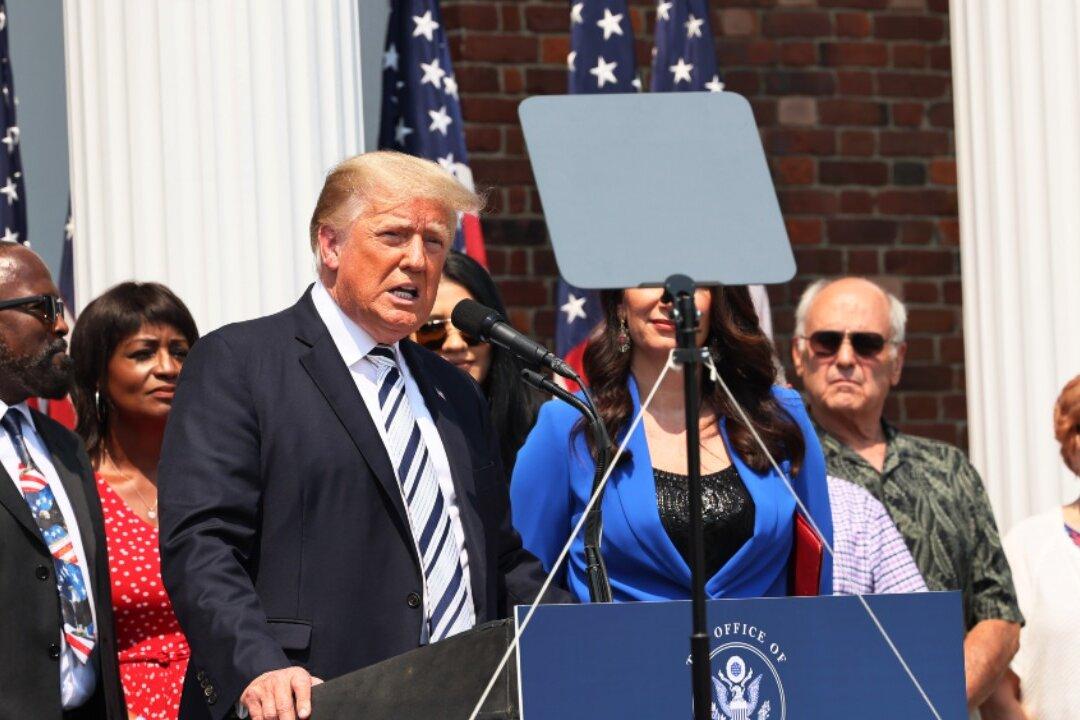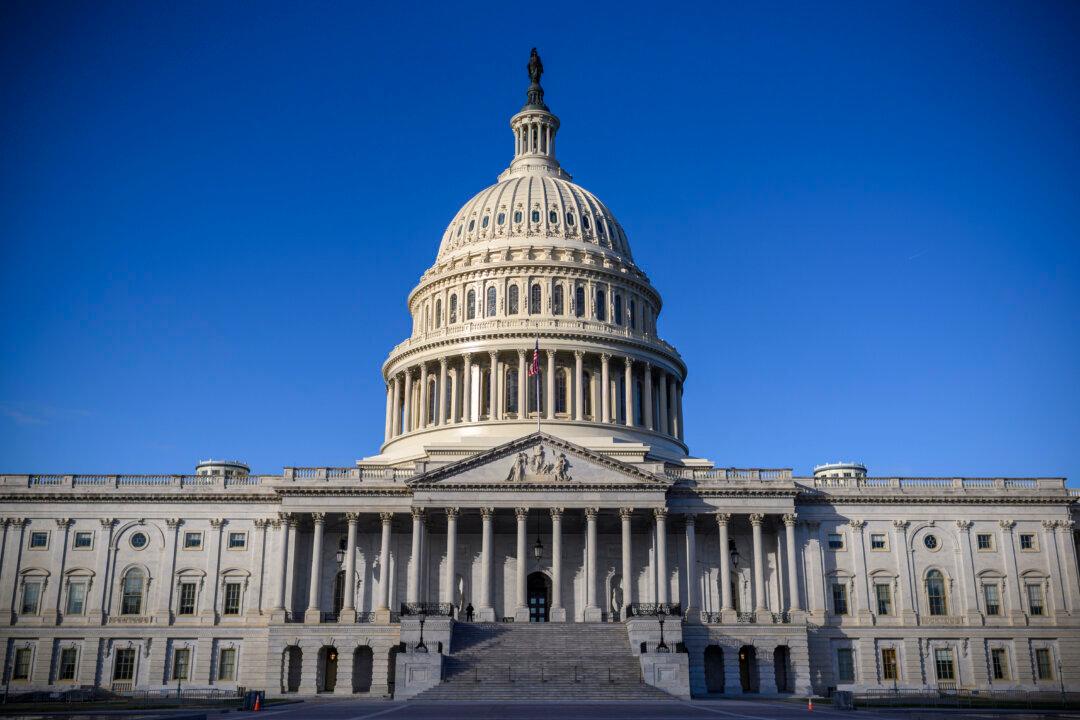Former President Donald Trump’s efforts to create an office dedicated to fighting sex trafficking have made an “incredible impact” over the past four years, according to the founder of a nonprofit organization focused on combating child sex trafficking.
Before Trump, “we’ve never had an office in the White House designated and dedicated to fighting sex trafficking, Jaco Booyens, the founder of SHAREtogether, said in an interview with Epoch Times affiliate NTD on Feb. 5. “No former president in the history of this country has used his or her platform to denounce the exploitation of children and then appropriate funding.





